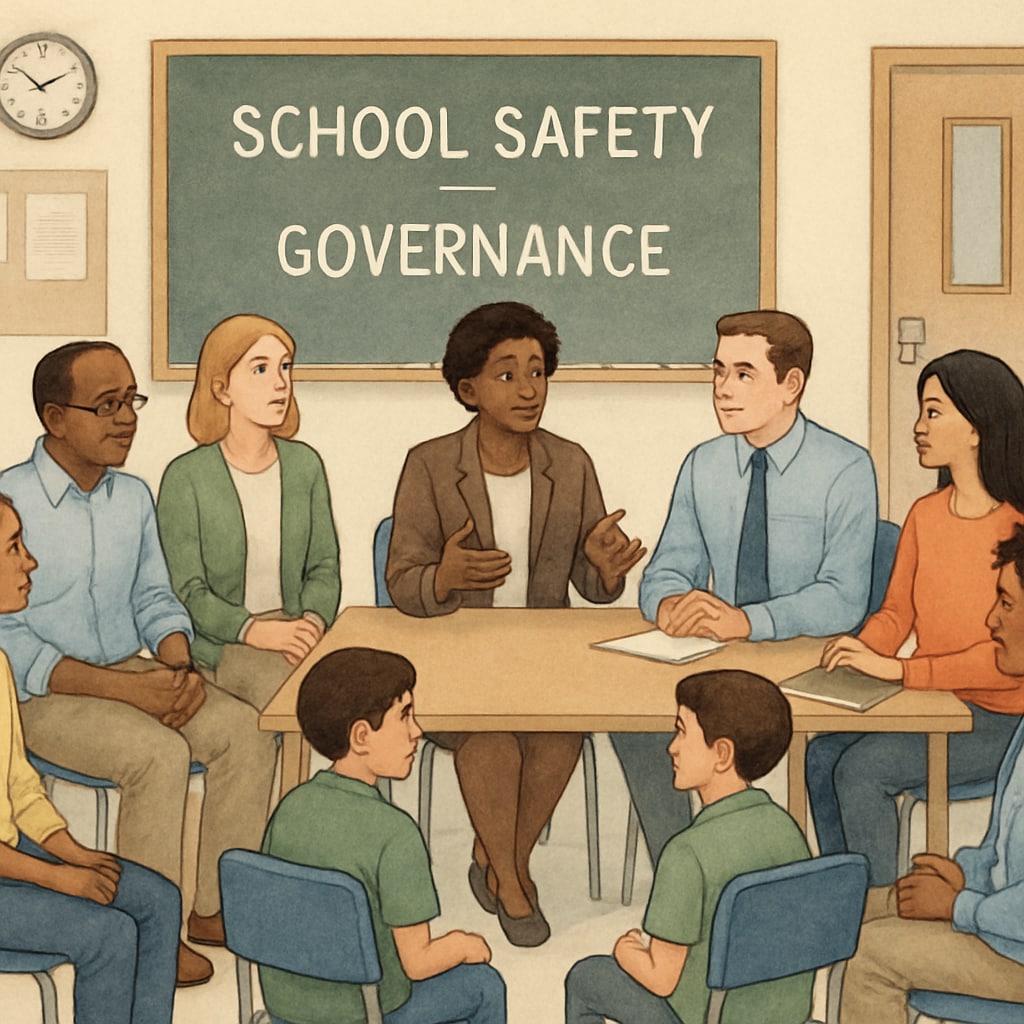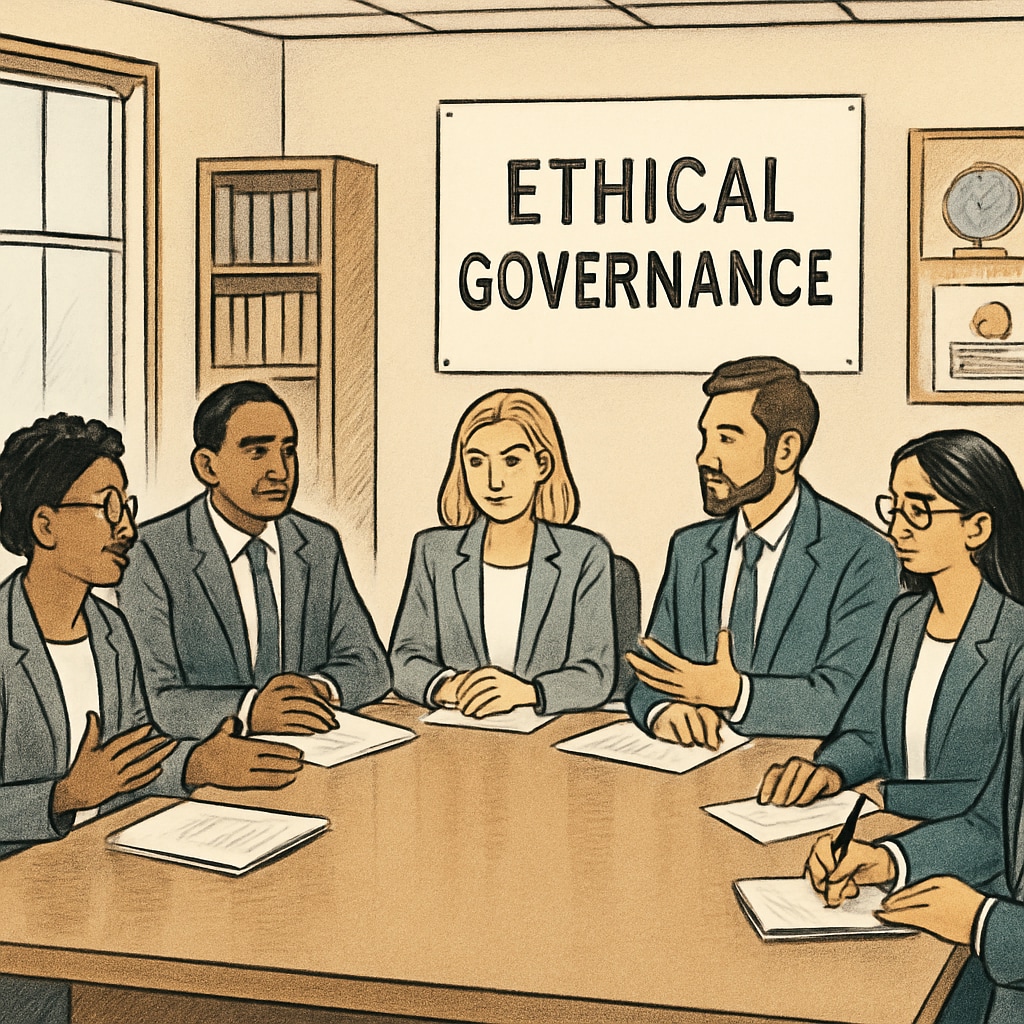When it comes to school governance, the selection of board members is a matter of utmost importance. However, the presence of individuals with a history of child abuse within a school board raises significant ethical and safety concerns. The issue of school board members with child abuse records (or similar allegations) has sparked intense debate within communities. This article delves into the ethical implications, the root of community apprehension, and actionable steps to ensure educational spaces remain safe.
Why the Past Matters: Ethical and Safety Concerns
The involvement of individuals with a history of child abuse in school governance is deeply troubling for several reasons:
- Trust and Responsibility: School boards are entrusted with key decisions affecting the welfare of children. The presence of a member with a troubling past undermines this trust.
- Role Modeling: Board members serve as role models for school staff and the community. A questionable background could send conflicting messages about accountability and values.
- Potential Risks: Even if no direct interaction with students occurs, such individuals may influence policies in ways that compromise child safety.
According to child safety advocates, maintaining a high ethical standard is non-negotiable for roles that involve decision-making in educational spaces. Britannica defines child abuse as actions that harm or have the potential to harm a child’s well-being. It is therefore imperative to prevent individuals with such a history from holding positions of influence in schools.

Community Concerns and Their Justifications
Community members have valid reasons to question the appointment of individuals with child abuse records to school boards. These concerns typically stem from:
- Transparency: Parents and stakeholders demand clarity about the selection process for board members.
- Prevention: Allowing individuals with abuse records to serve in governance roles poses risks of recurrence or policy-making that is insensitive to child safety.
- Moral Obligations: Communities have a moral duty to protect children and ensure that their education takes place in a safe and nurturing environment.
For example, a recent case involving a school board member with a past abuse conviction led to widespread protests and demands for immediate policy reforms. Such incidents emphasize the need for stringent background checks and enhanced oversight.

Actionable Steps for Safer Schools
To address these concerns, communities can consider the following multi-layered approach:
1. Strengthen Legal Frameworks
Governments and educational boards should enforce stringent laws that disqualify individuals with child abuse records from serving in governance roles. Clear policies must outline the eligibility criteria for board members.
2. Promote Community Involvement
Communities should actively participate in the selection of school board members. Public forums, parent committees, and transparent nomination processes can help ensure accountability.
3. Enhance Background Checks
Mandatory background checks should be conducted for all candidates seeking school board positions. This includes criminal record screenings and thorough evaluations of past professional conduct.
4. Foster Public Awareness
Educating the community about governance roles and their impact on child safety can empower stakeholders to advocate for change. Awareness campaigns can also highlight the importance of ethical leadership in education.
School governance requires a collective effort to uphold safety and ethics. By implementing these measures, communities can build trust and create environments where children thrive.
Conclusion: Prioritizing Child Safety
The intersection of child abuse records and school board governance presents a critical challenge for communities. By addressing these concerns through legal, organizational, and public action, we can ensure that educational spaces remain safe for students. Protecting children should always be the top priority, and ethical governance plays an essential role in achieving this goal.
In conclusion, the community’s role in holding educational institutions accountable cannot be overstated. Together, we can advocate for safer schools and lay the foundation for a brighter future for our children.


